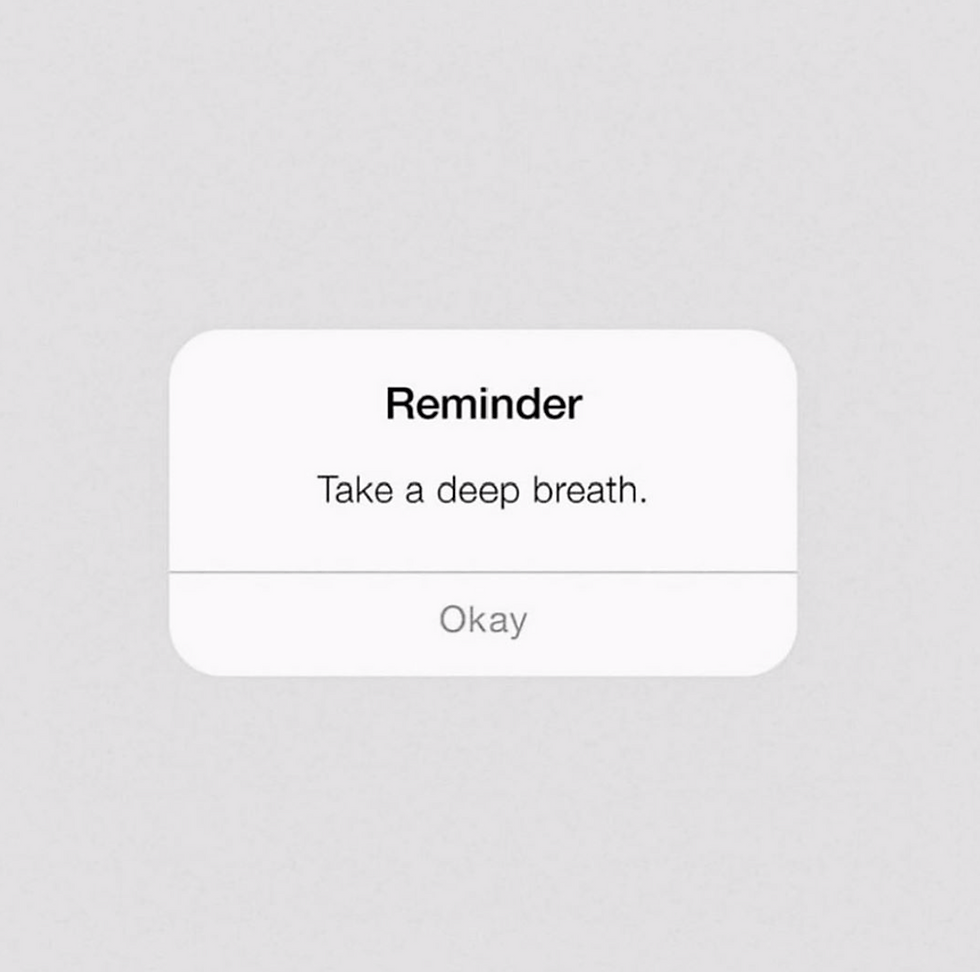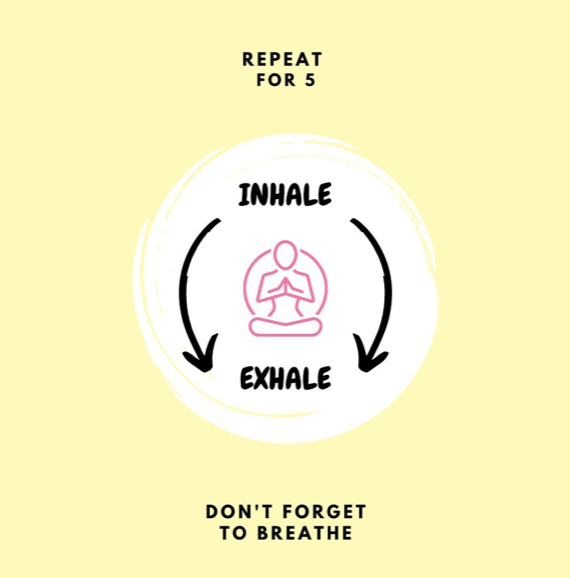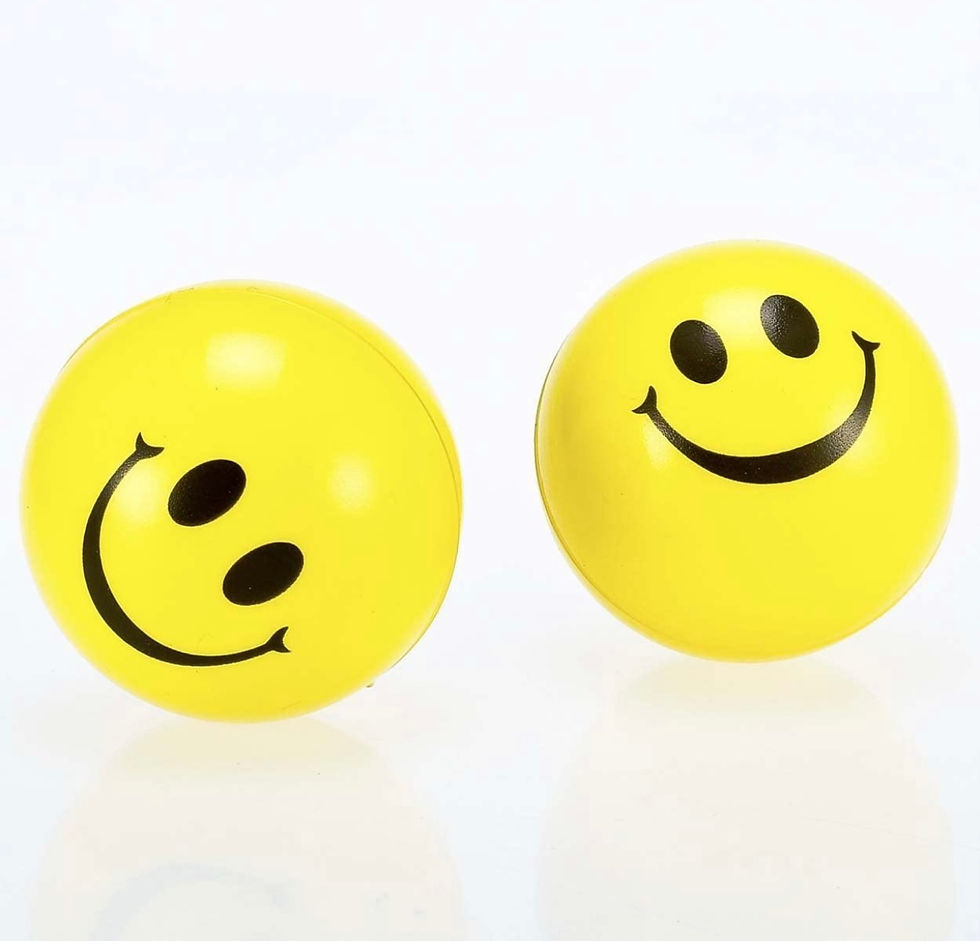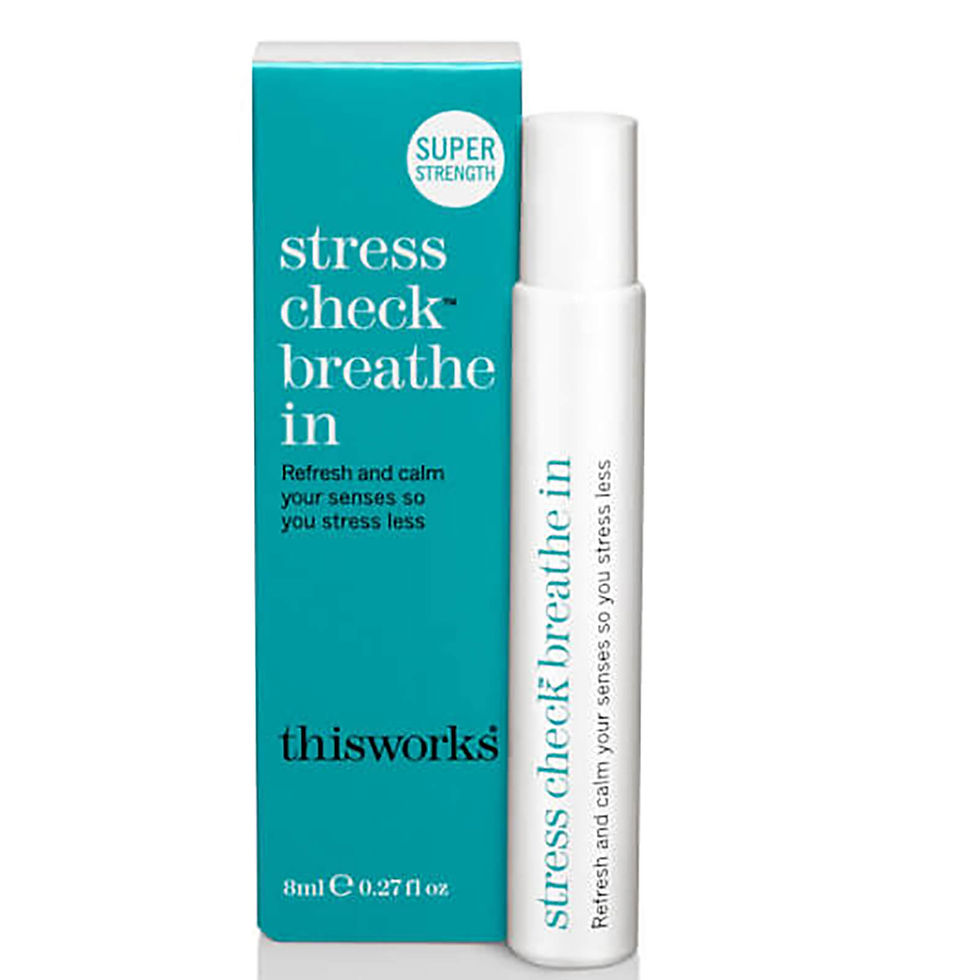

5 Free Self-Care Ingredients To Live Your Best Life
Read this article by Phaedra Peer for 5 easy and free steps to achieve self-care and live your best life.


Take Charge & SWITCH OFF AN OVERACTIVE BRAIN
If your thoughts are keeping you up at night, the trick is to change the unhealthy pattern. We've provided strategies to help you sleep.


Here's Why MATCHA IS SO GOOD FOR YOU
Here we discuss whether regular green tea has really met its match'a'!


Jaw Dropping BENEFITS TO CHEWING YOUR FOOD
Spending more conscious energy on chewing can open you up to a host of benefits, of which there are plenty! Find out what they are.


Common Email Faux-Pas To Avoid At All Costs
Whether you’re communicating with your friends, boss or a client it’s important that you take note of these email etiquette no no's.


Lifestyle & Wellbeing Must Haves We Are Totally Obsessed With
The world of wellbeing is always changing, so we dug a little deeper and found these unique products just for you.


Healthy Vegan Snack Inspiration
Snacks can be an important part of the day, plus a huge part of your diet. Try out our healthy and tasty vegan snacks picks.





























Comments